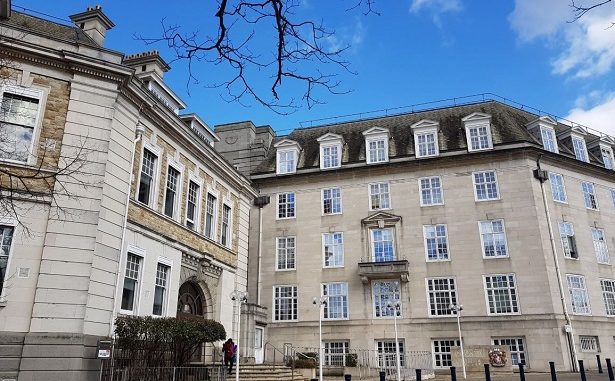
Further budget cuts from central government to already-stretched services supporting Kent’s residents are going to be extremely challenging and hit hard, says Kent County Council.
The sobering message comes from the cabinet at Kent County Council (KCC) as members try to secure services while clawing back a significant budget deficit.
The County Councils Network (CCN), of which KCC is a member, has this week written to the Treasury to say that the prospect of funding reductions on top of soaring inflation would be ‘unthinkable and devastating’ for services across the country and be ‘worse than austerity’. It says a bare minimum approach under those circumstances could be the only option for some councils to stave off bankruptcy.
Peter Oakford, KCC Deputy Leader and Cabinet Member for Finance, Corporate and Traded Services, said: “We cannot doubt the gravity of this financial situation and there is a clear picture of the causes, above all the surge of inflation coupled with the increasing demand on services, especially social care.
“We have been acutely aware that post-pandemic spending would be tight and local government would feature further down on the priority list.
“We know the Chancellor has some very difficult decisions to make and we look to him and Michael Gove, back as Secretary of State for Levelling Up, Housing and Communities to consider the pressures we face in Kent and to work with us to best safeguard the services that matter most to people and which support the most vulnerable.
“That said, we do need to be realistic about the prospect of large-scale support and we must intensify our approach across the board to mitigate the effects of the current economic climate. What that looks like is a combination of resisting pressures, managing down our costs and having to make some tough and painful decisions.
“Soaring inflation and increasing demand pressures are affecting our delivery, from home care to road maintenance, waste disposal to home to school transport. Increased energy and fuel costs are hitting frontline services, from staff travelling to provide domiciliary care to increased energy prices in social care settings.
“Around £1.3billion of our annual budget is subject to inflationary pressures. We are, of course, seeing the same level of increase on our costs as residents and we are currently experiencing £70m of unbudgeted inflationary and demand-led pressures this year alone.
“Our Capital programme is also severely impacted with materials and building costs rocketing by over 30% and the increasing interest rates impacting on any required borrowing.
“We constantly strive to make the most efficient use of taxpayers’ money to provide the services our residents need most and, since 2010, we have achieved savings in excess of £820 million as we responded to cuts in government funding, coupled with an increase in demand and complexity for many of our services.
“However, presenting a balanced budget is getting harder every year and tough calls are inevitable now.”
The concerns from the CCN came in the same week as directors of public health from across the county added their voices to the debate around the potential impact of impending cuts.
Dr Anjan Ghosh, KCC Director of Public Health said: “Public Health in Kent County Council provides vital leadership and services to our residents. Many of the services form an essential lifeline to our children and their families, young people and older people.
“This has been provided despite the year-on-year cuts during the period of austerity. As we face the cost of living crisis it is crucial to maintain continued and increased investment in public health. Cutting the public health grant would be devastating for the most vulnerable communities in Kent.”
Kent County Council (KCC) spends over £1.8 billion per year on services including social care, schools and SEN, public health and highways.
Council Tax currently funds almost half (46%) of total spending budget (excluding schools), there are also government grants, payments by service users and business rates.
In the years between 2010 and 2019, the council has had to respond to reductions in government funding, placing a greater reliance on local sources of funding (e.g. Council Tax, Business Rates and fees and charges for services) and at the same time there has been an increased demand for some services and costs rising more than the funding available. KCC has had to make savings of over £810m since 2010.
A 2023/24 budget consultation earlier this year has prediction KCC will need to make a further £60m od savings on top of the £36m of savings already earmarked.

